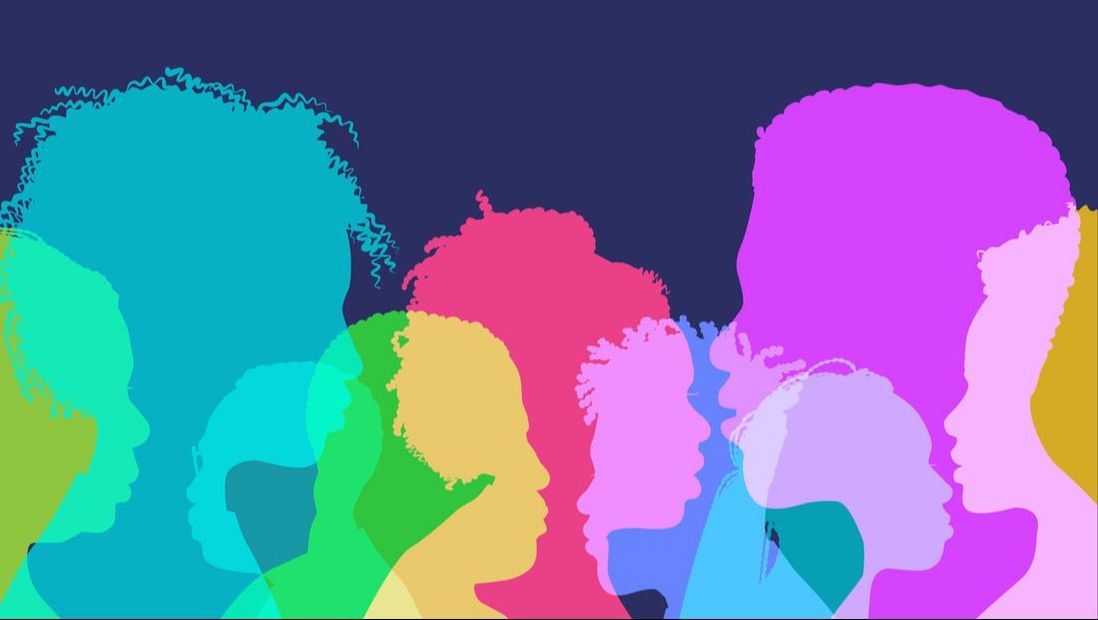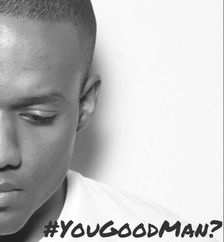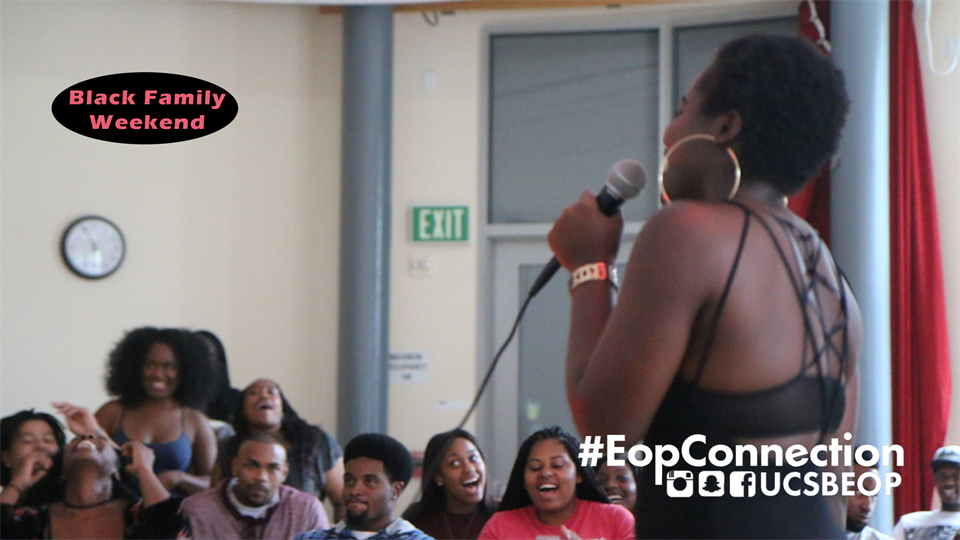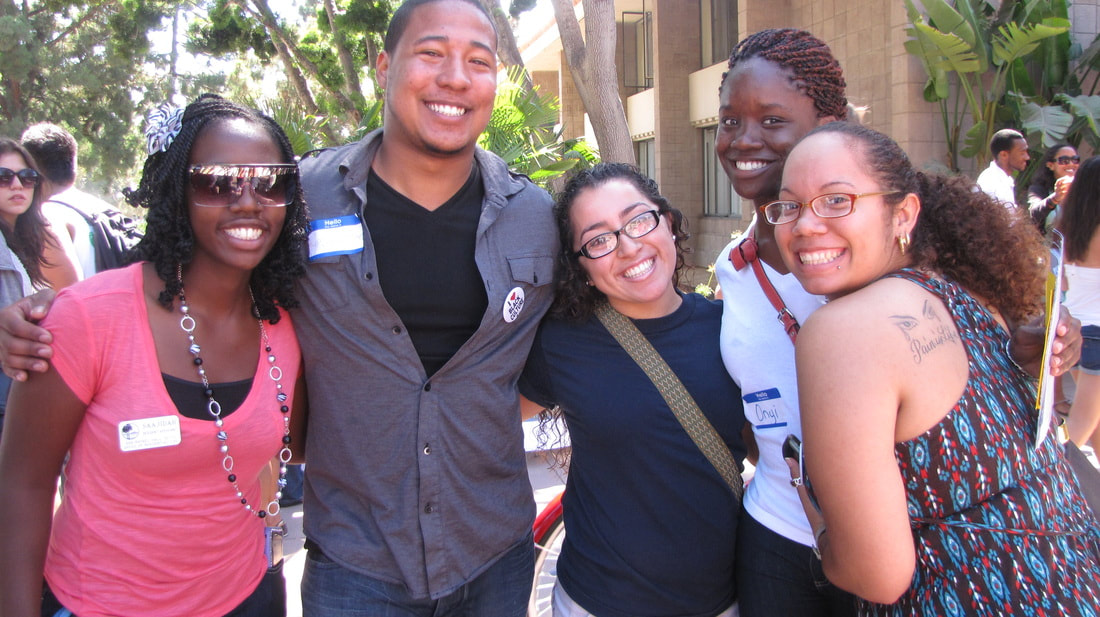What keeps communities in the African Diaspora from addressing mental health?
The topic of mental health is one that is often difficult to address and also highly stigmatized within the Black community. According to the Health and Human Services Office of Minority Health, though African Americans make up approximately 13% of the U.S. population, they are 20% more likely to experience a mental health related issue than the general population. Unfortunately, mental health services continue to be underutilized throughout the Black community.
Historically individuals throughout the African Diaspora have experienced prejudice and discrimination in the health care system. Black minds and bodies have been stolen, exploited, and misrepresented both in experimental research and in treatment. There has also been a lack of representation of Black health care providers available to treat individuals within the Diaspora. As a result, there is often a hesitation to trust western medical providers and the treatment methods they use.
Within the Diaspora the legitimacy of mental health is often unacknowledged or misunderstood (depression being categorized as “just the blues”). Many Black communities have minimal resources aimed at providing education about mental health or access to prevention services. This can result in limited language to talk about ones mental health, limited awareness of signs and symptoms of mental health disorders, and uncertainty about how and/or where to obtain professional help.
Another factor that contributes to mental health services being underutilized within the Diaspora are the multigenerational struggles/traumas that have become an unfortunate yet often “normal and expected” part of the Black life experience. From childhood, many members of the Diaspora are often taught to “keep their business in the house.” This speaks to the general mistrust of how sensitive information disclosed to western providers may be used against the person, their family, and more generally their community. Being strong (resilient) in the face of the struggle has historically been an important coping strategy and one that is communicated across generations, in both implicit and explicit ways. While the practice of resiliency is a necessary protective strategy it can also result in silent suffering which in turn can intensify mental health difficulties.
Family and faith have historically been important sources of strength and support for members of the African Diaspora. Often times the message that is conveyed within the Black community is that the remedy for any troubles is to rely first, and sometimes only, on family and faith for support (“Give it up to God and let it go!”) rather than turning to health care professionals (or anyone else outside the family) for help. Moreover, other needs of the individual and/or family are often prioritized over ones own and therapy is regularly viewed as a luxury. Thus, seeking therapy is regarded as something that you "just don't do." And, if you do go to therapy, the unspoken rule is to keep it to yourself.
There are real and significant barriers for students within the Black community, including familial pressure to achieve and obligations to give back to and take care of family. Furthermore, peer group dynamics and norms can perpetuate cultural pressures to be strong. Intergenerational trauma due to racism, invisibility, hypervisibility, marginalization, daily microaggressions, and violence perpetuated against the Black community, among a host of other social injustices, also contribute to why members of the Diaspora are more likely to suffer from mental health related issues than the general population.
Check out some of these videos that can help to start the conversation and read the article below to learn more about mental health in the Black community. Remember that daily stress that is not managed puts you at risk for more challenging health issues over your lifetime. Be sure to find your best way to thrive and to cope with all aspects of your life to ensure a healthier, happier, more productive you.
Historically individuals throughout the African Diaspora have experienced prejudice and discrimination in the health care system. Black minds and bodies have been stolen, exploited, and misrepresented both in experimental research and in treatment. There has also been a lack of representation of Black health care providers available to treat individuals within the Diaspora. As a result, there is often a hesitation to trust western medical providers and the treatment methods they use.
Within the Diaspora the legitimacy of mental health is often unacknowledged or misunderstood (depression being categorized as “just the blues”). Many Black communities have minimal resources aimed at providing education about mental health or access to prevention services. This can result in limited language to talk about ones mental health, limited awareness of signs and symptoms of mental health disorders, and uncertainty about how and/or where to obtain professional help.
Another factor that contributes to mental health services being underutilized within the Diaspora are the multigenerational struggles/traumas that have become an unfortunate yet often “normal and expected” part of the Black life experience. From childhood, many members of the Diaspora are often taught to “keep their business in the house.” This speaks to the general mistrust of how sensitive information disclosed to western providers may be used against the person, their family, and more generally their community. Being strong (resilient) in the face of the struggle has historically been an important coping strategy and one that is communicated across generations, in both implicit and explicit ways. While the practice of resiliency is a necessary protective strategy it can also result in silent suffering which in turn can intensify mental health difficulties.
Family and faith have historically been important sources of strength and support for members of the African Diaspora. Often times the message that is conveyed within the Black community is that the remedy for any troubles is to rely first, and sometimes only, on family and faith for support (“Give it up to God and let it go!”) rather than turning to health care professionals (or anyone else outside the family) for help. Moreover, other needs of the individual and/or family are often prioritized over ones own and therapy is regularly viewed as a luxury. Thus, seeking therapy is regarded as something that you "just don't do." And, if you do go to therapy, the unspoken rule is to keep it to yourself.
There are real and significant barriers for students within the Black community, including familial pressure to achieve and obligations to give back to and take care of family. Furthermore, peer group dynamics and norms can perpetuate cultural pressures to be strong. Intergenerational trauma due to racism, invisibility, hypervisibility, marginalization, daily microaggressions, and violence perpetuated against the Black community, among a host of other social injustices, also contribute to why members of the Diaspora are more likely to suffer from mental health related issues than the general population.
Check out some of these videos that can help to start the conversation and read the article below to learn more about mental health in the Black community. Remember that daily stress that is not managed puts you at risk for more challenging health issues over your lifetime. Be sure to find your best way to thrive and to cope with all aspects of your life to ensure a healthier, happier, more productive you.
|
|
|
What's one of the best ways to build strength & resilience? Get connected!
Check out these culturally-based orgs on campus that can provide community and social support.
|
The African diasporic Cultural Resource Center (AdCRC) educates, promotes, and encourages the interaction and dialogue among the diverse ethnic groups within the African diasporic communities of UCSB and to promote cross cultural learning and interaction amongst all ethnic groups. The AdCRC is an environment for students, staff, faculty and community members to develop an understanding of and appreciation for their African diasporic cultural identities. The AdCRC strives to assist in the holistic development of students of the African diaspora by focusing on several areas: academic excellence, cultural awareness, leadership development, social involvement, and proactive civic engagement.
Below are some of the orgs associated with the AdCRC:
|
Proudly powered by Weebly






